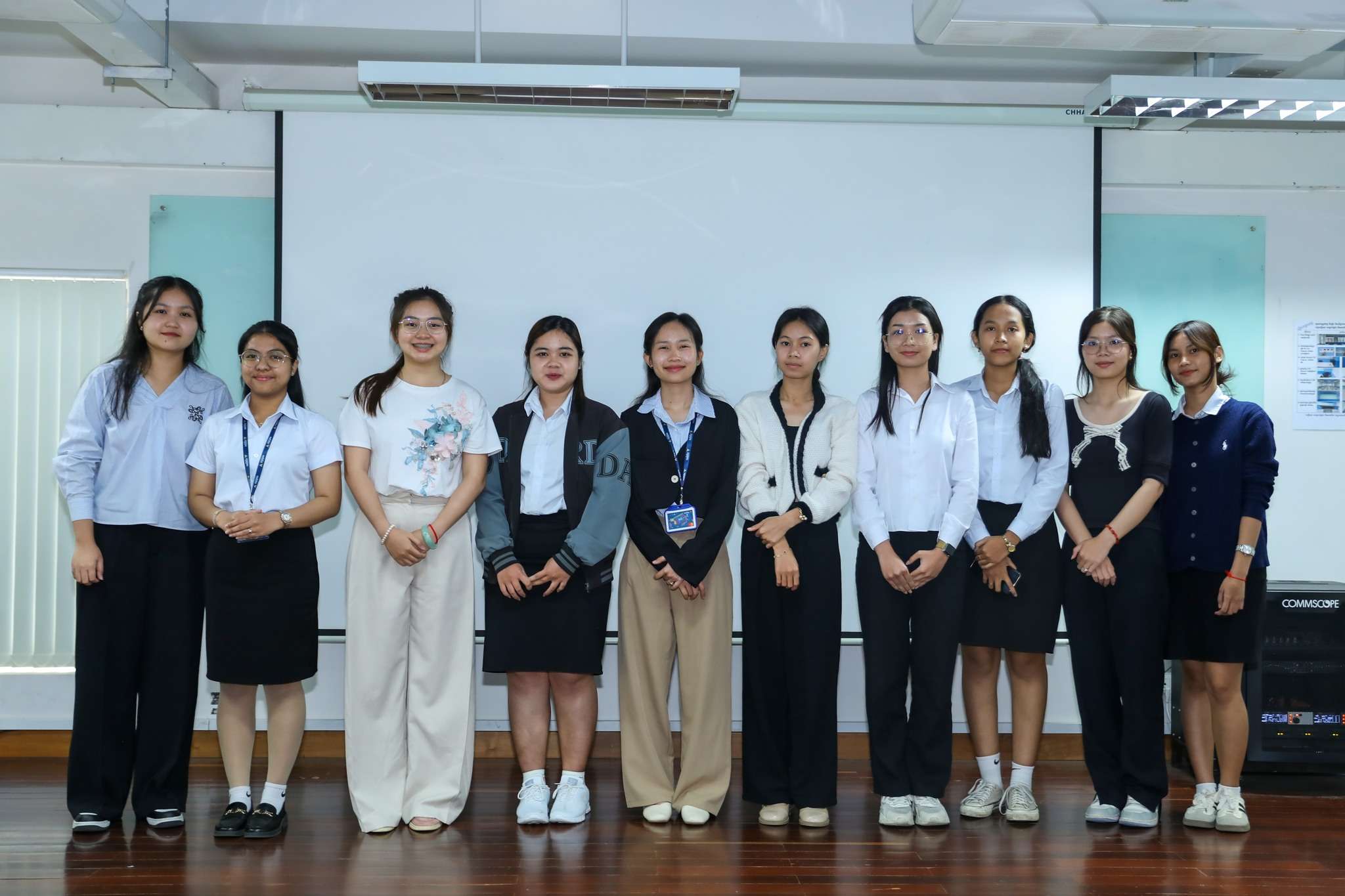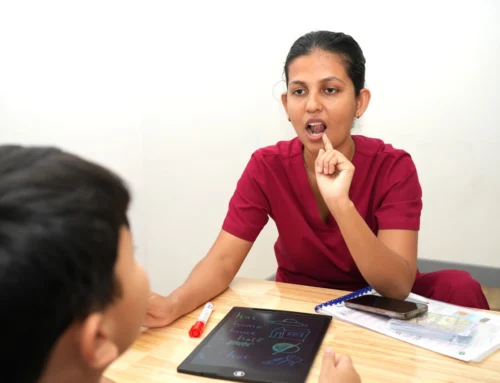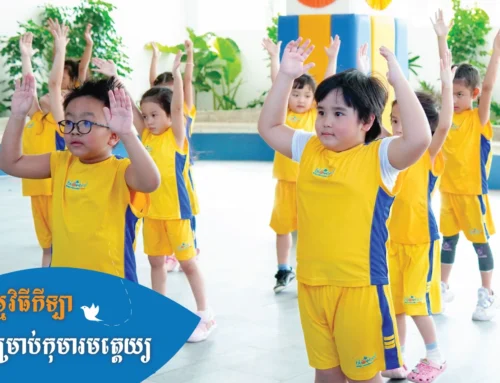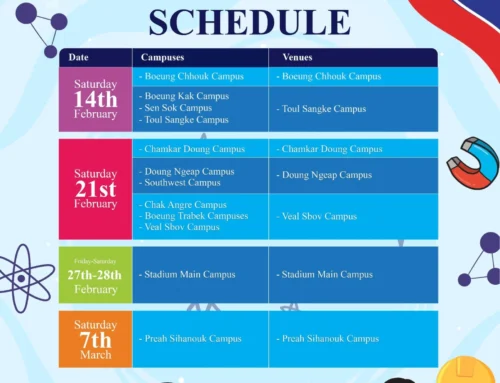Early childhood education is gaining well-deserved attention in Cambodia. Across Phnom Penh and many provinces, both public and private efforts are helping young children build strong foundations in learning, social development, and emotional growth. This positive trend supports Cambodia’s long-term vision of inclusive, high-quality education for all.
As awareness increases among parents and educators, so does the availability of programs designed to help children thrive during their most important developmental years.
Why Early Childhood Education Matters
The early years of life—ages 0 to 6—are critical for brain development. During this stage, children begin to develop:
-
Language and communication skills
-
Social interaction and cooperation
-
Basic numeracy and literacy
-
Emotional regulation and independence
Studies show that quality early education leads to better outcomes in school, health, and long-term success. Cambodia’s growing investment in this area reflects an understanding of its importance for national development.
Government Support and Public Programs
The Ministry of Education, Youth and Sport (MoEYS) has prioritized early childhood development through policies that encourage access, teacher training, and integration with health and nutrition services. Many preschools now operate in both urban and rural areas, offering children a safe and structured environment for learning through play.
These programs help prepare children for Grade 1 by:
-
Introducing Khmer language in fun and familiar ways
-
Supporting social skills and classroom routines
-
Encouraging creativity through music, drawing, and games
Families are increasingly recognizing the value of enrolling their children in these programs from an early age.
The Role of Private and NGO-Supported Preschools
Alongside public programs, Cambodia is seeing a rise in private and community-based preschools that offer diverse learning models. From Montessori to play-based learning centers, these schools complement government efforts by offering:
-
Smaller class sizes
-
Bilingual or English instruction
-
Emphasis on creativity, emotional development, and hands-on learning
NGOs also play a supportive role, especially in areas where access is limited. They often provide free or subsidized early childhood services, parental education, and inclusive care for children with developmental delays.
Empowering Parents and Caregivers
A child’s development doesn’t start and stop at school. Cambodian education programs now include community workshops and parenting resources to help families support early learning at home. These include:
-
Literacy support (reading with children)
-
Positive discipline and emotional support
-
Nutrition and hygiene education
-
Activities that encourage play and imagination
The strong partnership between schools and families creates a more supportive learning environment.
A Bright Start for Cambodia’s Future
The momentum around early childhood education is a sign of Cambodia’s commitment to long-term, inclusive growth. With continued investment and community engagement, more children will begin their educational journey equipped with the confidence and skills they need to succeed.
The smiles, laughter, and learning happening in preschools across Phnom Penh and beyond reflect a hopeful future—one where every child has the opportunity to learn, grow, and contribute to the development of Cambodia.







